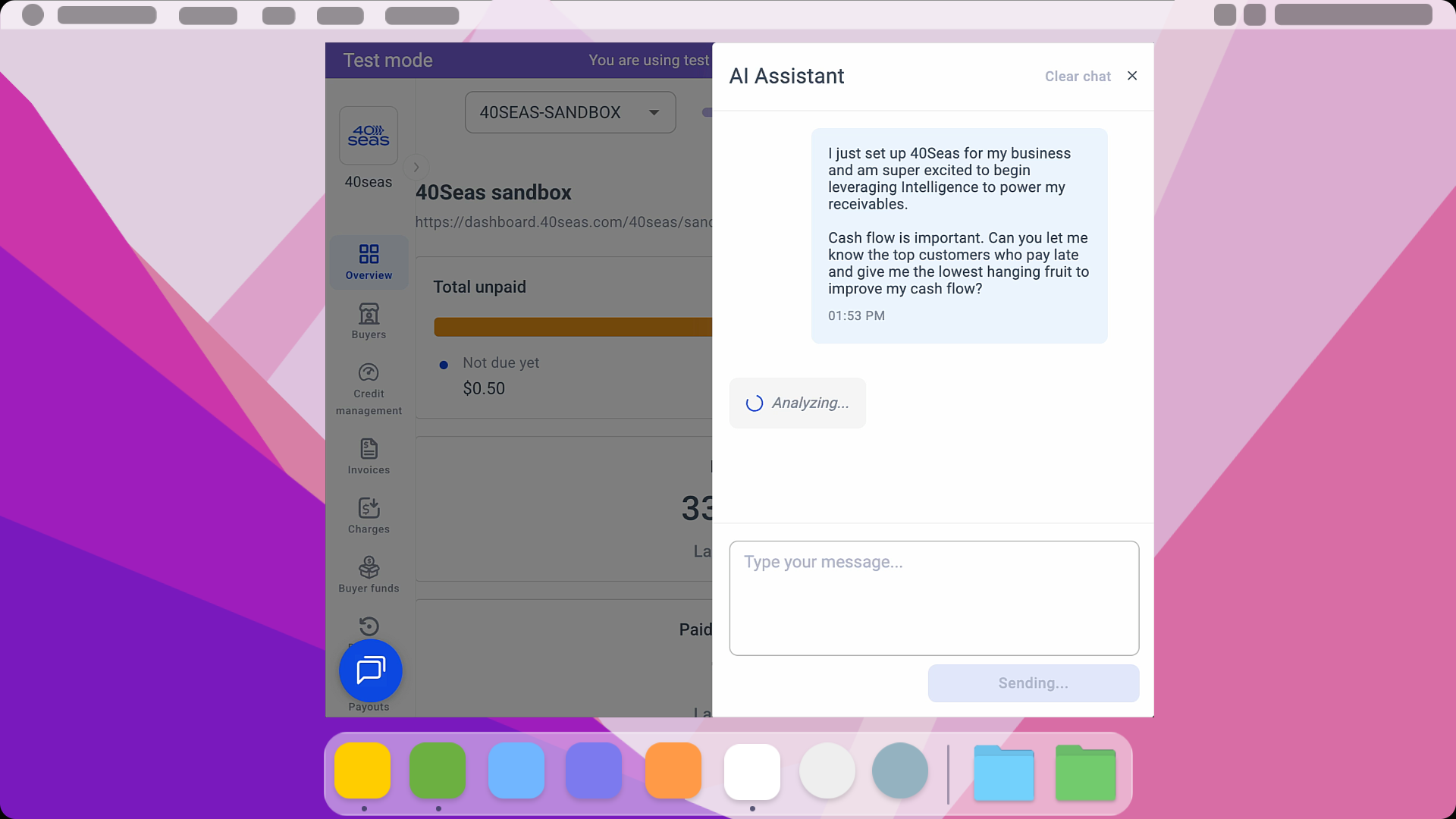Against a backdrop of unsettling tariff uncertainty and geopolitical flux, financial stability for businesses is more precarious than ever. Seemingly omnipresent supply chain volatility coupled with booming e-commerce demand have forced companies to rethink the fundamentals of how they do business, and with who.
SMEs navigating the invoicing minefield
Late invoices are the leading cause of cash flow issues for UK SMEs, with 41% citing them as their main challenge. These findings come from research conducted by Allstar, one of the UK’s top business, EV, and fuel expense payment providers, highlighting the financial pressures facing the nation's small businesses. It is also reported that late payments cause over 50,000 British businesses to close every year, costing SMEs an average of £22,000 annually and wasting 56 million hours of productivity.
For SMEs in particular, delayed invoices can stunt growth and disrupt salary payment cycles, especially during times of macroeconomic uncertainty. In traditional systems, manual invoicing processes are prone to errors and delays, inevitably leading to payment disputes or overlooked invoices. As supply chains globalize and e-commerce volumes surge, the burden on traditional invoicing methods has become untenable, particularly as they leave the door open for nefarious actors to take advantage of manual errors.
Desperate times sadly call for desperate measures, and an increasing number of SMEs are turning to fresh air invoicing in an attempt to boost cash flow and profitability. This refers to the deceptive practice which involves issuing fake invoices for goods or services that were never actually delivered, taking advantage of weaknesses in manual verification processes to extract unwarranted payments from unsuspecting clients. According to the UK’s Intellectual Property Office, incidents of misleading invoice issuance have surged by 63% year over year, demonstrating the scale and prevalence of this growing issue.
AI Automation: The new backbone of invoicing
As part of sweeping efficiency gains across the industry spectrum, AI is combating one of the most persistent threats to business liquidity: late payments. Intelligent invoicing solutions leverage machine learning, natural language processing and smart analytics to automate and streamline the entire billing process, from generation to delivery to reconciliation. Here's why it matters now more than ever:
- Reduction in errors: AI algorithms can scan and validate invoice data instantly, spotting discrepancies that human eyes might miss. This minimizes the risks of disputes and fresh air invoicing, while accelerating the approvals process.
- Faster processing times: AI-driven invoicing platforms automate repetitive tasks like invoice matching, payment reminders and status updates, dramatically expediting the payment cycle.
- Fraud detection: With real-time anomaly detection, AI can flag suspicious invoicing patterns, including indicators of fresh air invoicing (as discussed above), before they create bigger problems.
- Predictive insights: Advanced models forecast cash flow based on invoicing patterns and payment histories, allowing businesses to plan proactively instead of reactively.
The strategic upside of AI-powered invoicing
Going beyond the above benefits, AI-driven invoicing can help foster stronger relationships with customers and suppliers through consistent, transparent and predictable billing. It also presents another clear example of how AI can absorb the more arduous and time-consuming tasks, allowing finance teams to focus on more strategic tasks like financial planning, risk management, and customer engagement, rather than drowning in paperwork.
Moreover, as regulators continue to underscore the importance of transparency and real-time reporting, companies that deploy AI-powered invoicing platforms now can position themselves ahead of compliance curves.











.svg)